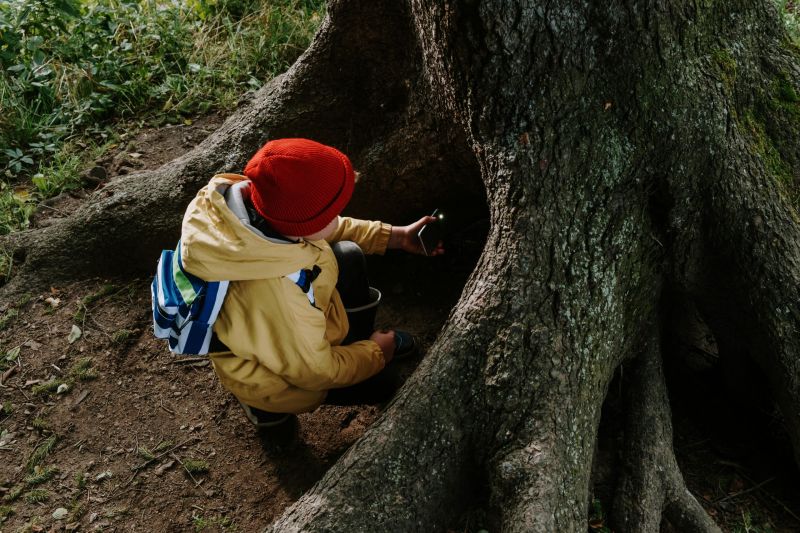Forest School Education
Forest School is a child-centred learning approach that encourages development through regular, hands-on experiences in a natural environment. Rooted in play, exploration, and supported risk-taking, it empowers children to build confidence and self-esteem while deepening their connection with the world around them.
As spring unfolds, this is an ideal time to revisit the principles of Forest School — and how its nature-based philosophy supports children’s holistic development.

What Is Forest School?
Forest School promotes growth in all areas of development — social, emotional, physical, cognitive, and even spiritual. It is led by trained practitioners who support learner-led discovery and exploration, allowing children to experiment, make mistakes, and grow through meaningful, real-world experiences.
At its core, Forest School values creativity, independence, self-belief, and the right of each child to develop at their own pace through interaction with the natural environment.
A Brief History of Forest School
Forest School has its roots in Scandinavia, where outdoor learning is deeply woven into everyday life. The concept arrived in the UK in 1993 after a group of nursery nurses from Somerset visited Denmark and were inspired by what they observed. They returned home eager to adopt and adapt the approach, leading to the gradual spread of Forest School programmes across the UK.
Although nature-based learning can be traced back to British educators as early as the 19th century, it was the Scandinavian model that crystallised Forest School into the philosophy we know today.
The Forest School Philosophy
Forest School is grounded in a set of values that reflect a deep respect for the child as an individual:
-
All learners are unique, competent, and capable of initiating their own learning.
-
Risk-taking and challenge are recognised as essential to development.
-
Positive relationships — with oneself, others, and the natural world — are nurtured.
-
Learners are encouraged to explore, discover, imagine, and take responsibility.
-
Success is measured not just in outcomes, but in growth, effort, and engagement.
This approach creates an environment where children feel safe to push boundaries, ask questions, and develop key life skills — all while immersed in nature.
How to Bring Forest School into Everyday Life
You don’t need a forest to embrace the Forest School approach — you can start right at home or in your local green space. Many Forest School-style activities are simple, inexpensive, and use materials you already have.
Here are a few nature-inspired ideas to try this spring:
-
Den Building: Encourage creative problem-solving using sticks, blankets, or natural materials in the garden or park.
-
Bug Hunts: Equip children with a magnifying glass and let them observe minibeasts in their habitat.
-
Sensory Nature Walks: Invite children to engage all their senses — feeling bark, smelling flowers, listening for birds, or spotting patterns in the clouds.
-
Creative Play: Use mud, leaves, pebbles, or petals to make natural art, potions, or fairy homes.
Your garden or local park can become an extension of this experience with a bit of imagination. The key is to offer time, space, and trust — and let children take the lead in their discoveries.
In embracing Forest School values, we’re not just offering children outdoor play — we’re giving them a foundation for lifelong learning, rooted in curiosity, confidence, and care for the natural world.



